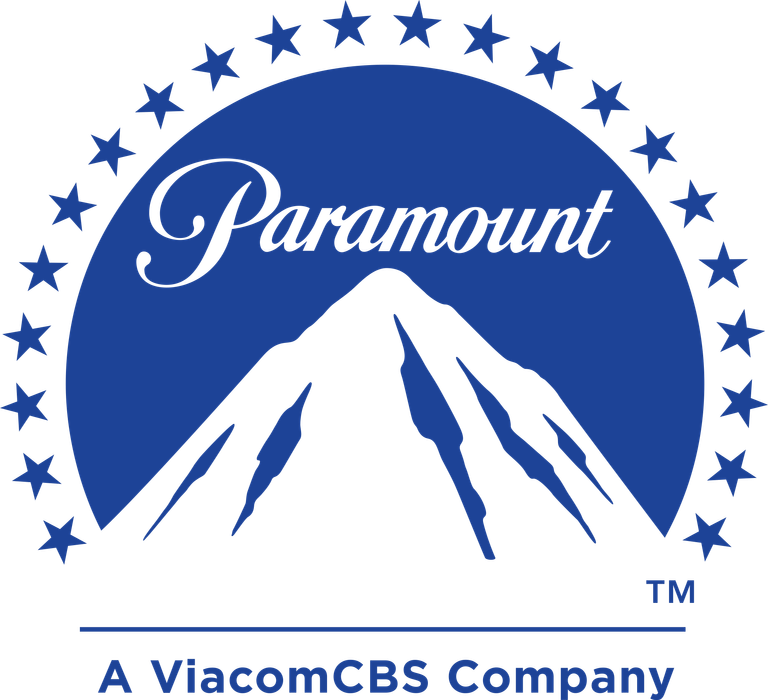This is a subject we regularly are discussing.
The world of media is changing before our eyes. Everything in the entertainment world is going to be affected. For many, it already has started.
Layoffs at legacy media companies is starting to rival that of the tech counterparts. Entities such as the Los Angeles Times are trimming the fat.
Now we have word that Paramount is letting go of 800 people, or 3% of its workforce.

Legacy Media Is Seriously Suffering
Much of this is coming from the news division.
This is no surprise since news is one of the things are already saw a change in habits. Through their broadcast arm, Paramount is cutting heads at CBS news.
The reality of the news landscape today is online platforms. Networks such as X are known for their immediate response to news. This comes from individual users who are able to post the information as soon as it hits.
We also see the fact that broadcast television is suffering due to cord cutting. With people moving away from traditional television, they open themselves up to much greater options online.
Of course, this is just a piece of the puzzle.
Entities such as Paramount are seeing their industry completely upended. My view is this only the start of the pain for these companies.
Everything they are involved in is going to come under attack. Technology is moving to quick for them to fend it off. This means the "competition" of tomorrow could come from anywhere. We already see the impact that platforms such as YouTube have on eyeballs.
The impact is being seen across many facets of the industry.
Newsrooms Are Done
It is likely we are seeing the end of broadcast news.
The ratings for the 24 hour cable news stations are in the toilet. All of them are seeing massive drops in their ratings from a few years ago. They are being held up by the Baby Boomers, a group that gets smaller by the day.
We have the situation where the younger generations are not tuning into a 24 hour news channel.
At the same time, the "Big Three" network news (CBS, ABC, and NBC) are all struggling. It is hard to remain relevant when information is flowing so freely.
There was a time when these entities controlled the flow of information. They had the distribution channel to reach millions of people.
Now, a post on X has the potential to reach hundreds of million; on Facebook (or Instagram), billions.
It can happen also happen in an instant.
Last decade the disruption started with websites such as the Huffington Post gaining traction. Now, even they are suffering as people turn other alternatives.
Disruption can happen quickly, especially if there is no moat.
When it comes to information purveyors, there is little defense. This is true regardless of the media form, although text is still the easiest to disrupt. That said, it is clear that audio and video are also taking on a different form in terms of who the major players are.
For example, let us use Joe Rogan's latest package to illustrate the point.
Certainly we would call him a media personality. However, there is nothing traditional about how he is being paid. This deal is not with a traditional media company such as a radio or television network. Instead, it is Spotify ponying up a lot of money to keep him on their platform while allowing him to post his show elsewhere.
That is the power he commands.
Eyeballs have tremendous value, something the broadcasters always knew. Unfortunately for them, they seem to be going elsewhere.
My forecast is this is not the end to the carnage we see in media. It will continue especially as technology accelerates.
Posted Using InLeo Alpha



